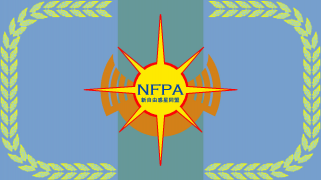
The year is 1939. As we look back over 20 years ago to the days when the Great War in Europe ended as the Germans marched into Paris on June 20th, 1918, it is amazing how the world has changed!
The German and Austro-Hungarian Empires have united to form Europa Zentral, a progressive and militaristic super-state that controls most of Europe.
The Russians advance proudly into a Communist future under the leadership of Premier Trotsky.
The French churn in bitter hatred and resentment at their German foe.
The British struggle to maintain their far-flung empire against new threats.
The Ottoman Empire unites the Muslim world in a new Caliphate.
The Japanese challenge the mighty nations of the West as they seek to seize a place amongst the great empires of history.
The USA attempts to stay out of the world power struggles, as possible foes draw ever closer.
The new empire of Gran Colombia seeks to challenge is neighbors for Latin-American hegemony.
And numerous other nations try to maintain their independence in a world of empires, as the tides of war threatens to sweep them into the abyss of history.
So we enter 1939! The World of Tomorrow!
The World
Timeline of the Great War
Timeline of the post war era to the present
Participants
List of current participants and their slots:
Caliphate: Kryskov
Europa Zentral: The Akasha Colony
France: Old Dominion
Gran Colombia: Great Confederacy of Commonwealth States
Great Britain: Ish'Cong
Japan: The Nazza-Duhni
Soviet Union: Redemption-America
USA: Connori Pilgrims
ACSU: Kogvuron
Australia: National Socialist City of Cologne
Brazil: Eboinland
Communist China: Senate and People of Rome
Nationalist China: Jade Confederacy
India: Great Nepal
Nyasaland: St Lucoa
Peru: Costa Alegria
Ravinia: Burkia
Scandinavia: Meritocratic States
South Africa: Cyborg Holland
Switzerland: Alleniana
Thailand: Altito Asmoro
Moderators
The Akasha Colony
Old Dominion
Redemption-America
Ish'Cong
OOC Discussion Thread
LINK







